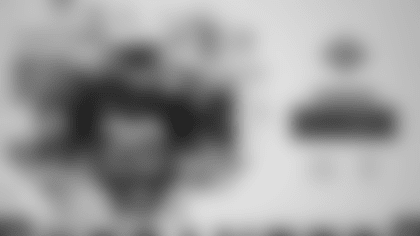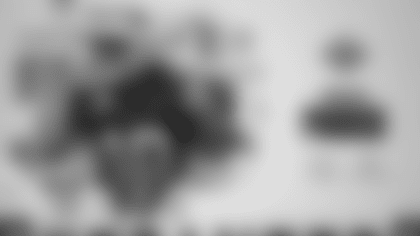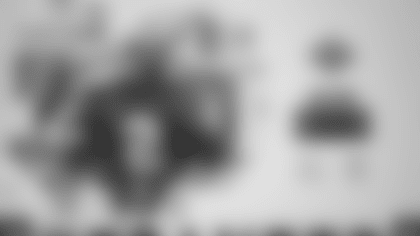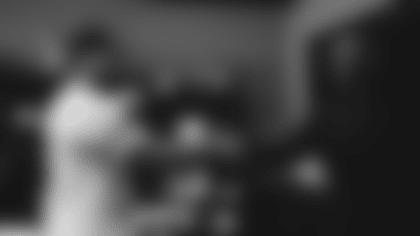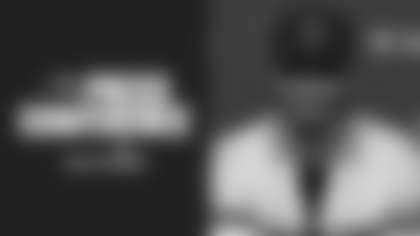On the last day of Buccaneers' minicamp, and therefore the conclusion of Tampa Bay's offseason program, defensive tackle Gerald McCoy left for the offseason with some food for thought, as well as some reassurance that the defensive line knows what it needs to do this season for the team to be successful.
In his almost 17-minute long presser following a day in the brutal Florida heat, McCoy gave an impassioned plea that the offseason acquisitions made by the Bucs on the D-line not be referred to as 'help' for him because they won't just help him be successful, they are going to help the team be successful as a whole.
"It's about the Bucs, not about me," McCoy said. "The team got better. We brought in great players to make the team better."
It's a reflection of what new defensive line coach Brentson Buckner has instilled in his unit: not only does it start up front with the line – it ends up front with the line. A better defensive line means a better defense as a whole, and the first way to make it easier for the guys behind them is stopping the run.
"Until you stop the run, you can't get after the quarterback and up front, you can't blame the back end because we are the closest people to the quarterback," McCoy said, echoing almost the exact words Coach Buckner said in his introductory press conference months ago. "If [the quarterback] doesn't have time to get the ball out, you don't have to worry about the back end. We put all of that on our shoulders. That's going to be our goal going into the season."
Realistically, it isn't all up to the defensive line to stop opposing offenses, but McCoy has a point. He didn't stop there, either. He offered a look into the perspective to which a defensive lineman sees the league, in general. While NFL offenses seem to be trending the way of the pass, McCoy rebuked the notion that the league is a pass-happy league because quarterbacks are getting better, coaches have a 'passing sickness,' as he put it, or offensive lines are getting more creative with their pass protections. Instead, McCoy said a big reason is because defensive lines have been more effective at stopping the run.
"Here's the thing," McCoy said. "You talk about pass rush and getting sacks and defense and all that, everybody says it's a pass-happy league. The reality is, it's a run-stopping league. You can't rush the passer unless you stop the run. They're going to run it down your throat if they can. They're only going to throw the ball if they have to. Some coaches have their 'passing sickness' but teams are going to run the ball."
So, go with me here - I'm going to take a little bit of a detour to help illustrate McCoy's point. Take the 2017 New England Patriots, one of the most 'pass-happy' teams in the league (I promise I'll bring this back to the Buccaneers). Late in the season, the Patriots took a big L to the Miami Dolphins. In the 27-20 loss in Miami, New England had a shockingly low 25 net rushing yards. The Dolphins managed to render their ground game completely useless, forcing quarterback Tom Brady into the air on virtually every play. Brady attempted 43 passes, completing just 24 of them for a pretty dismal 55.8 completion percentage. He was sacked twice during the game and the team went 0-for-11 on third downs. With the run game shut down, the Dolphins' defense knew to expect a pass, a wrinkle that not even Tom Brady could overcome.
View some of the best photos from the Buccaneers' 2018 Mini-Camp.
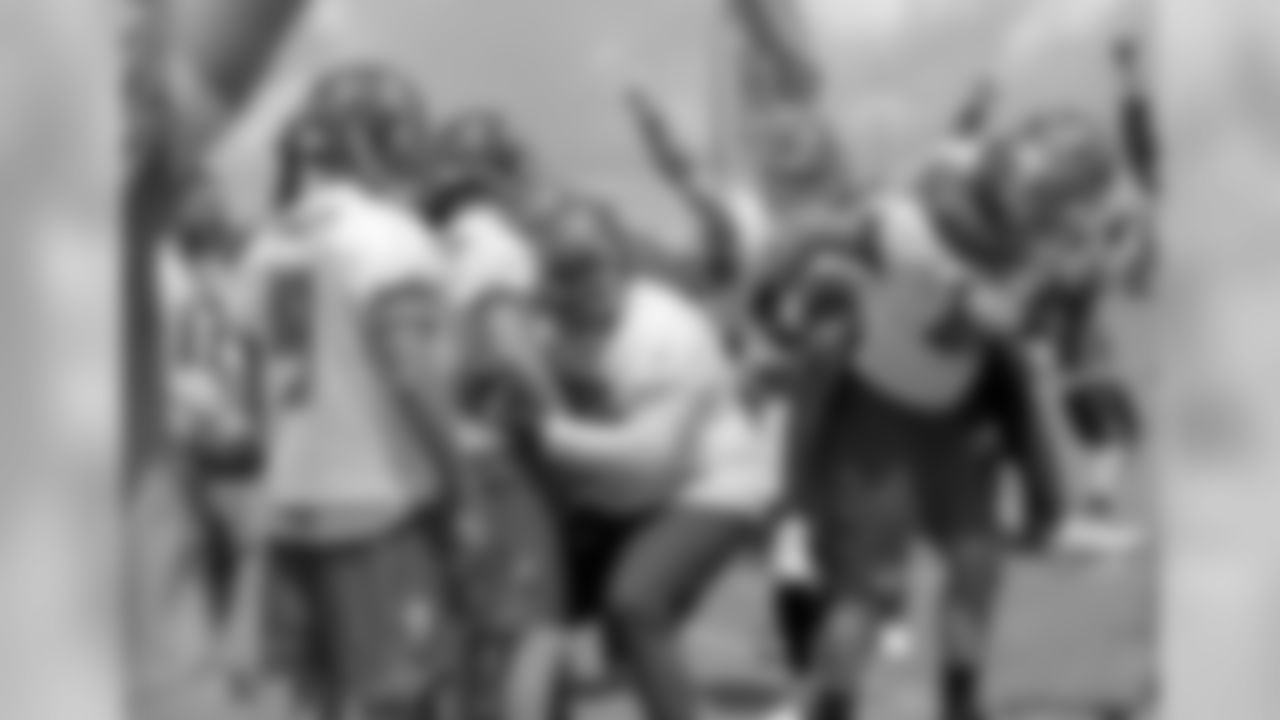
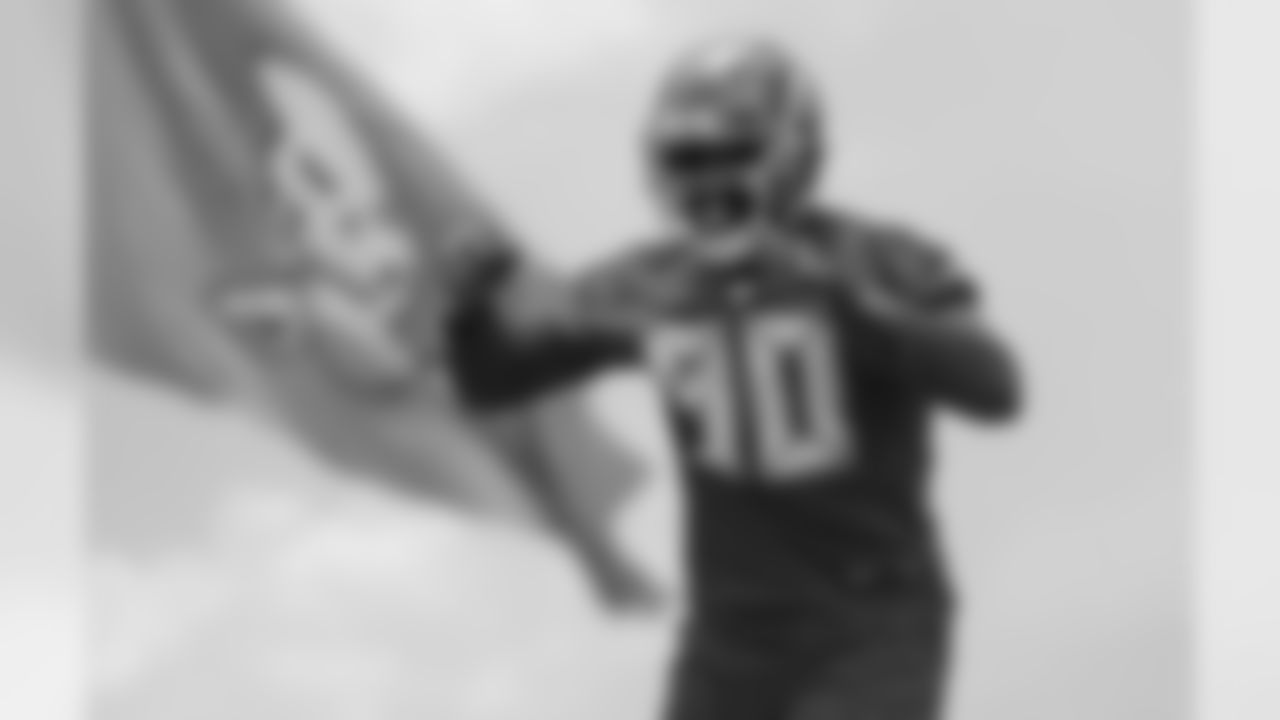
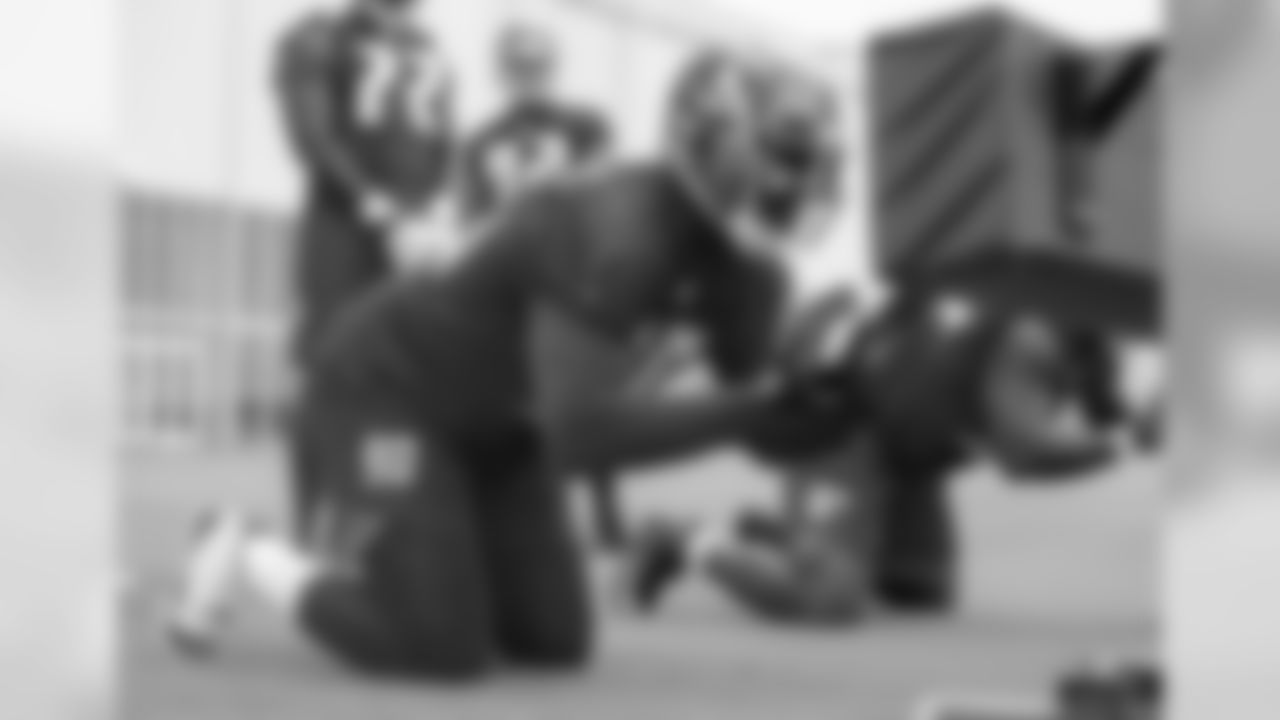
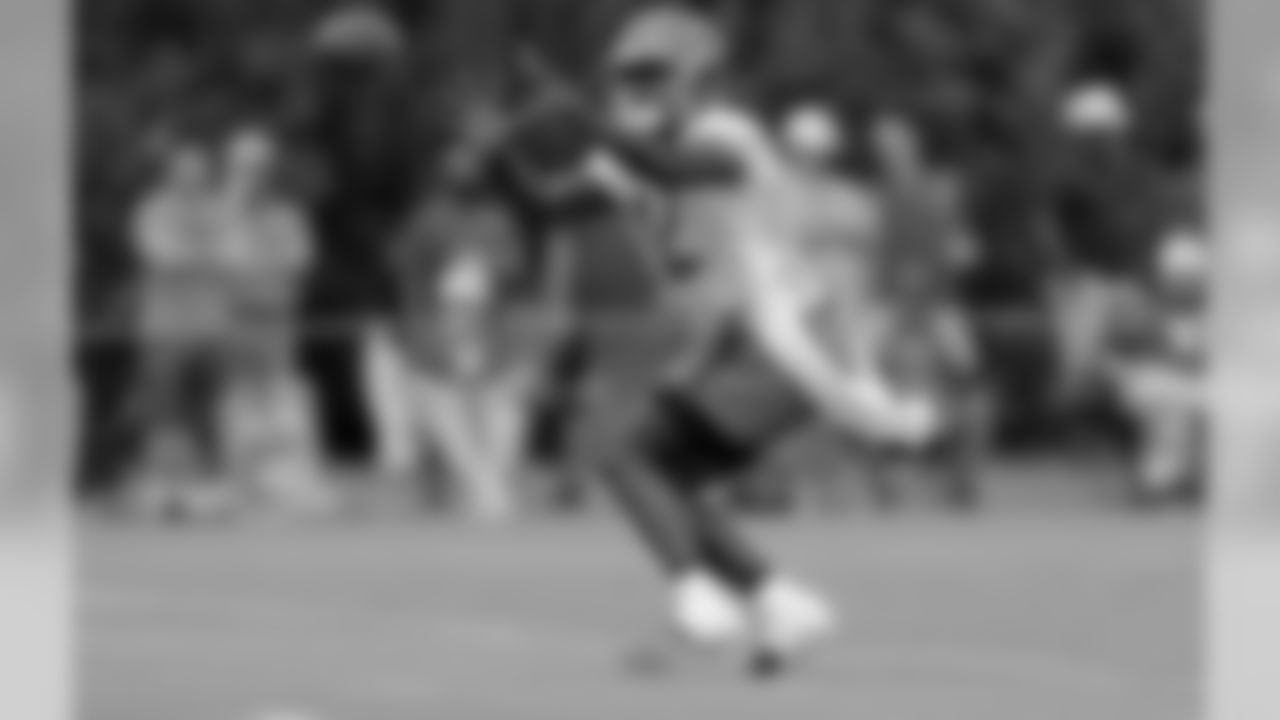
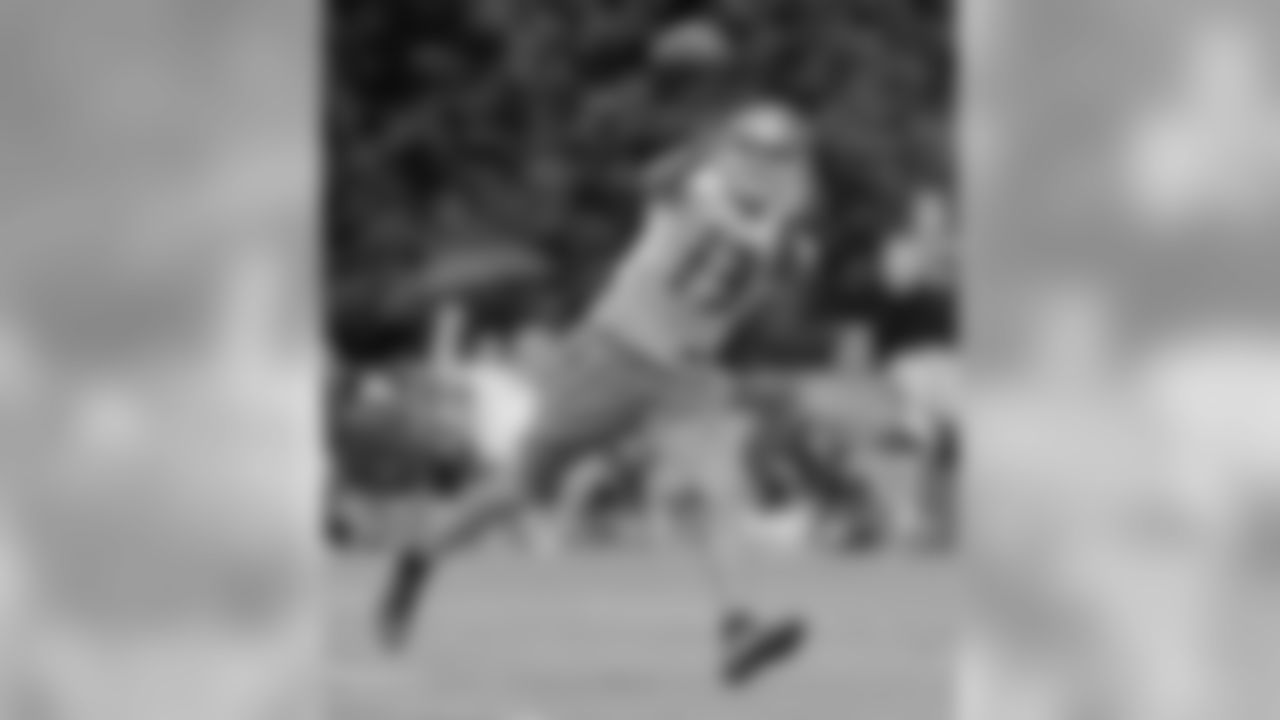
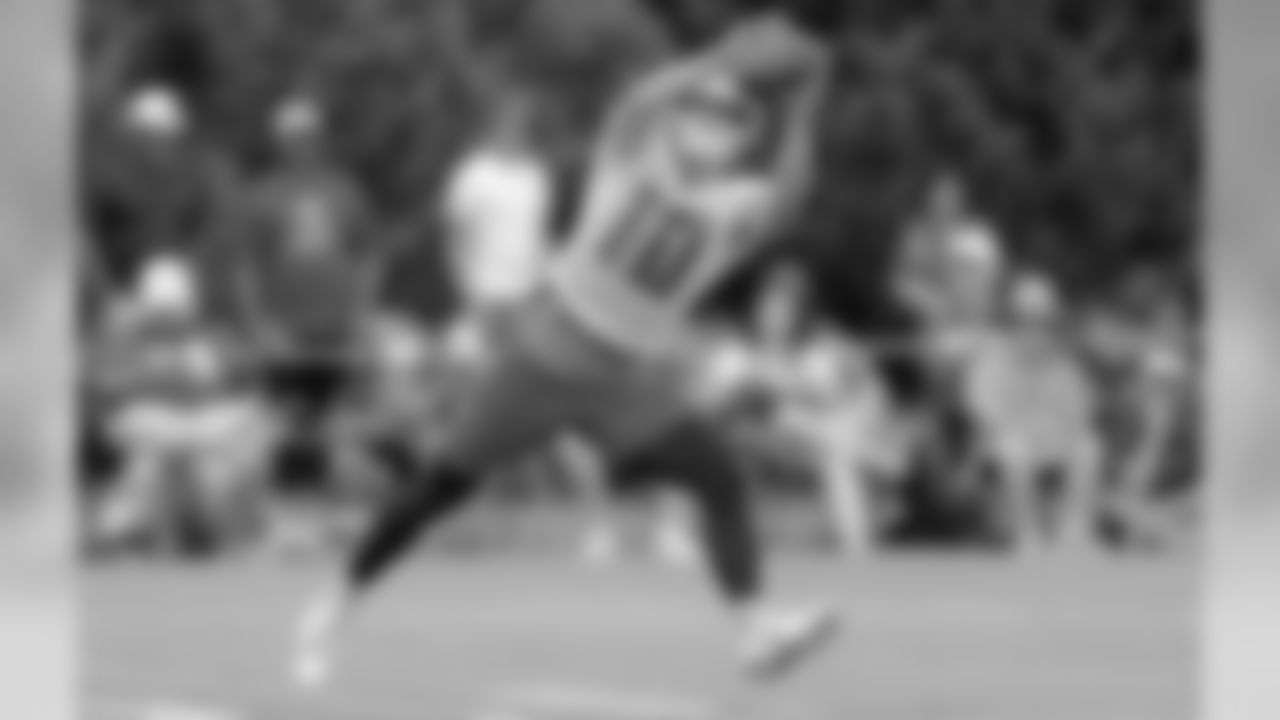
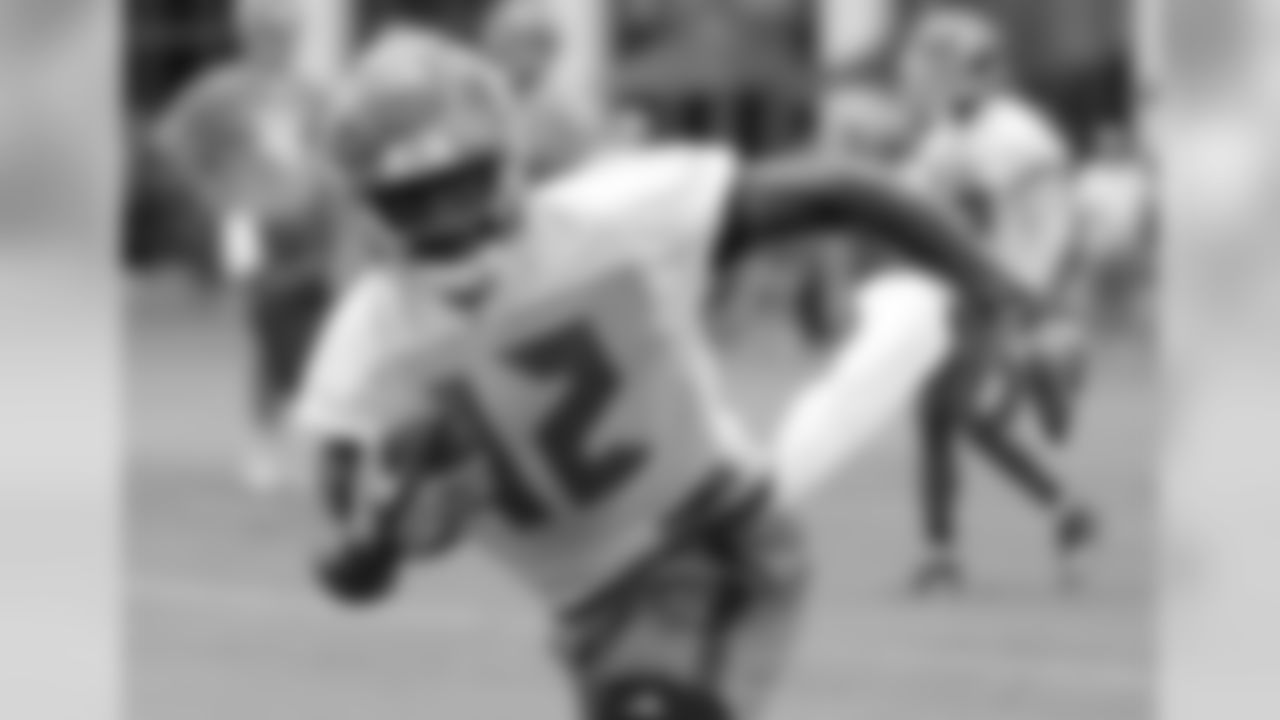
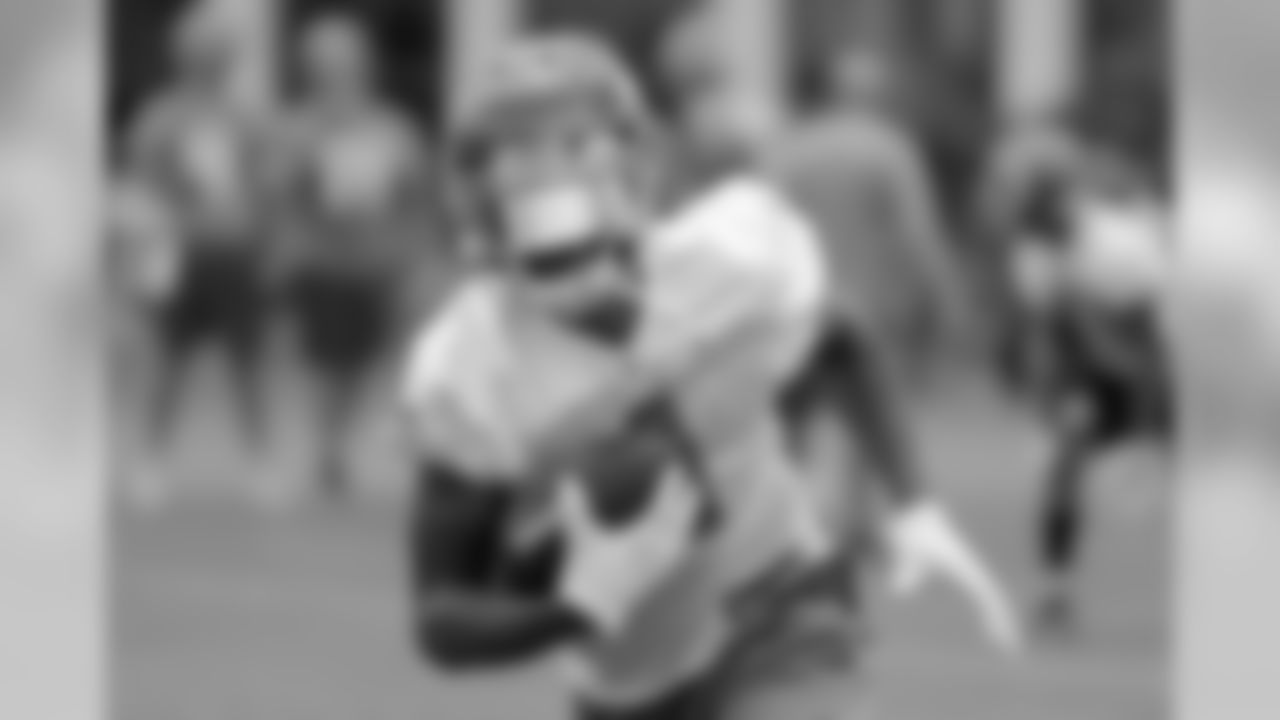

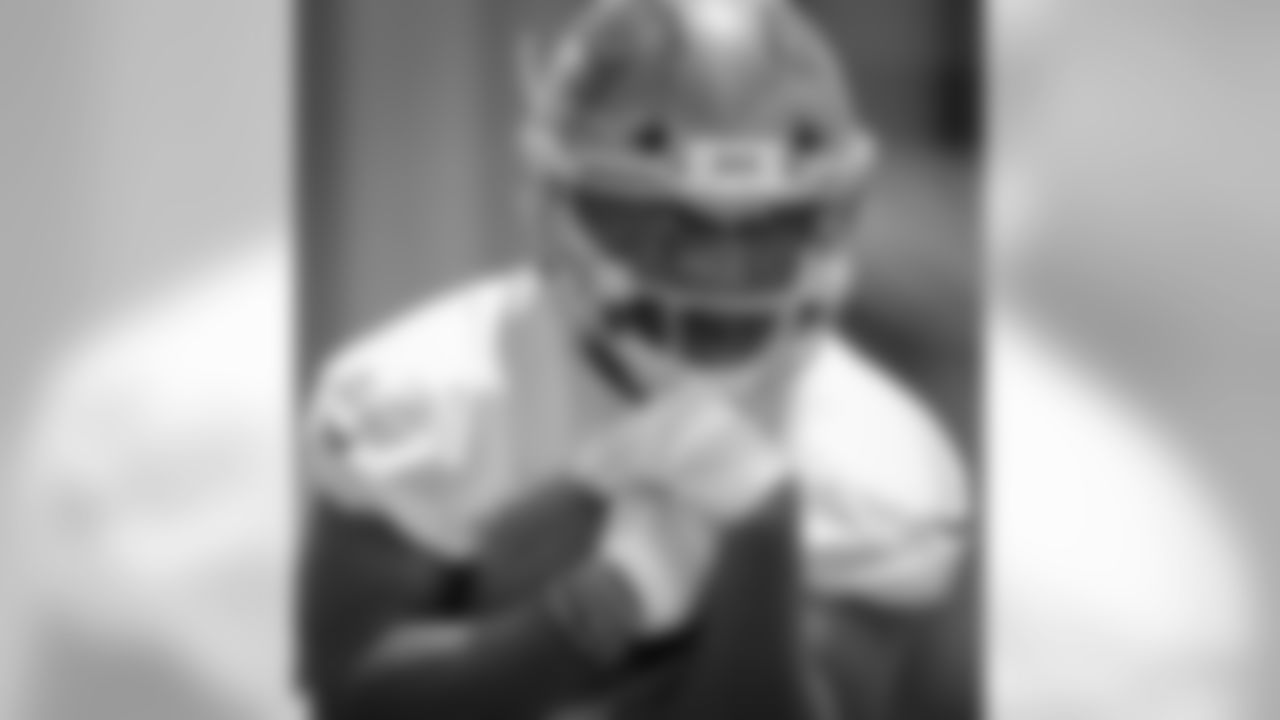
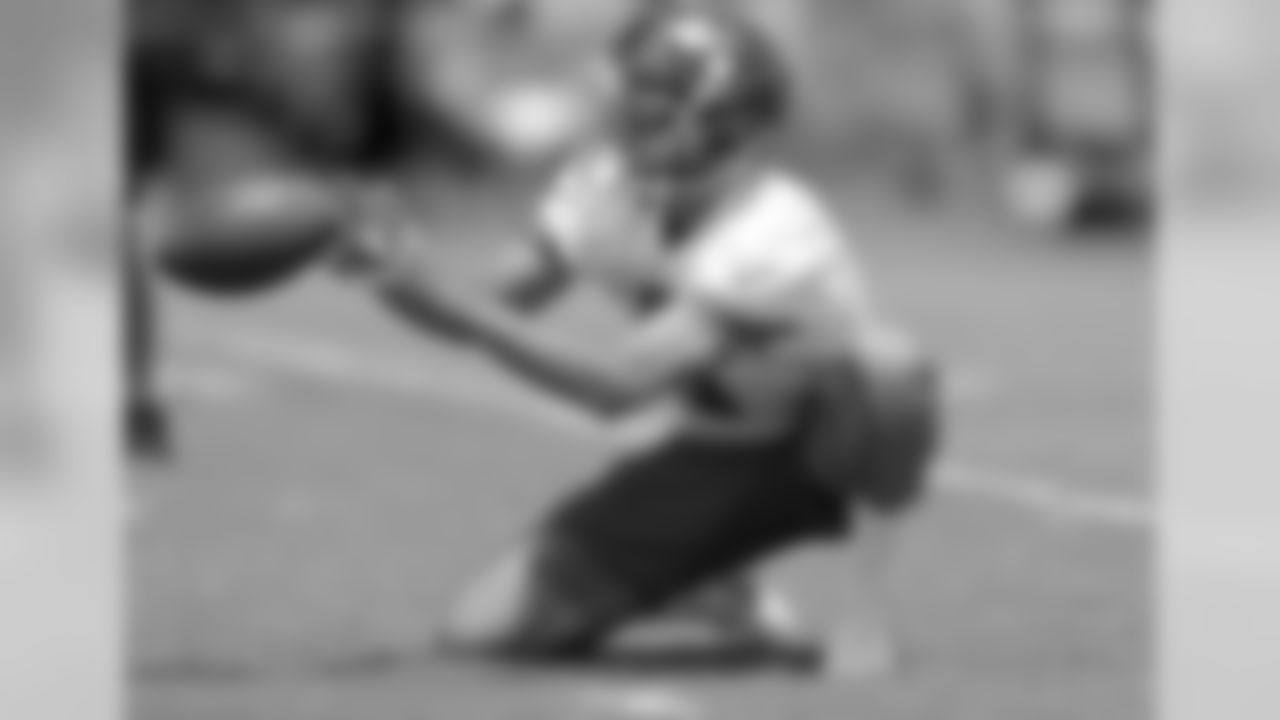
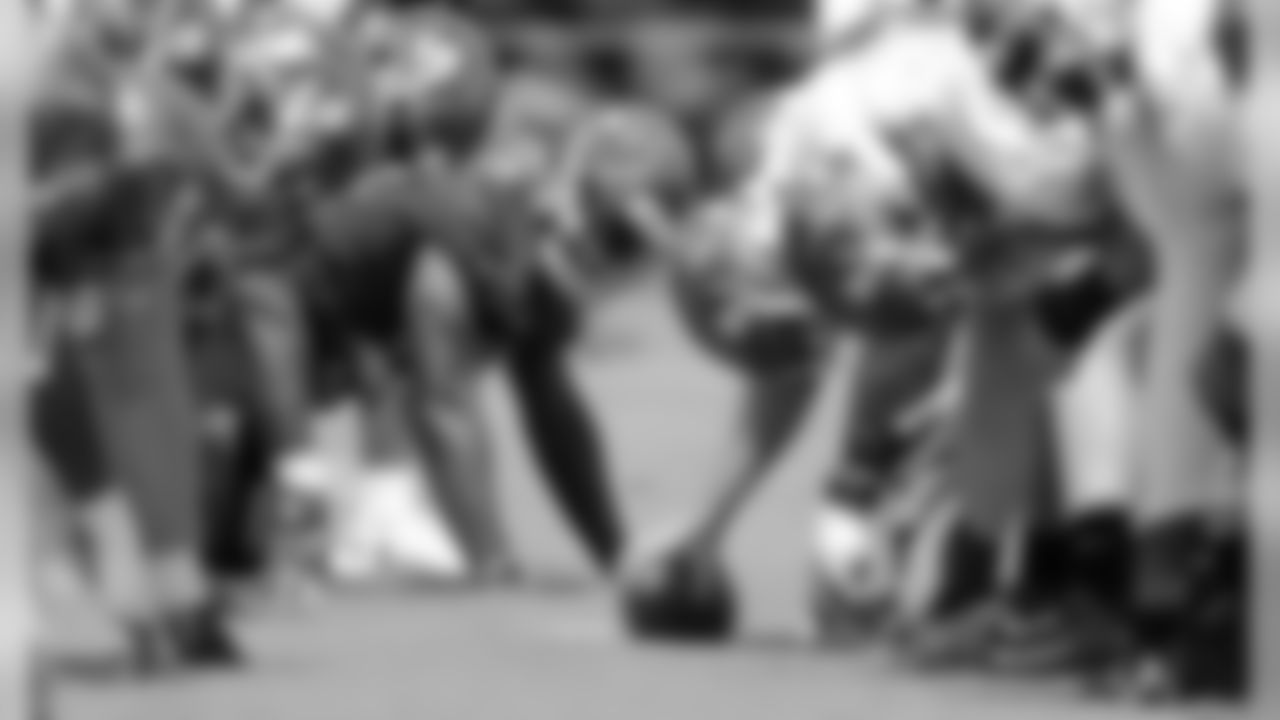
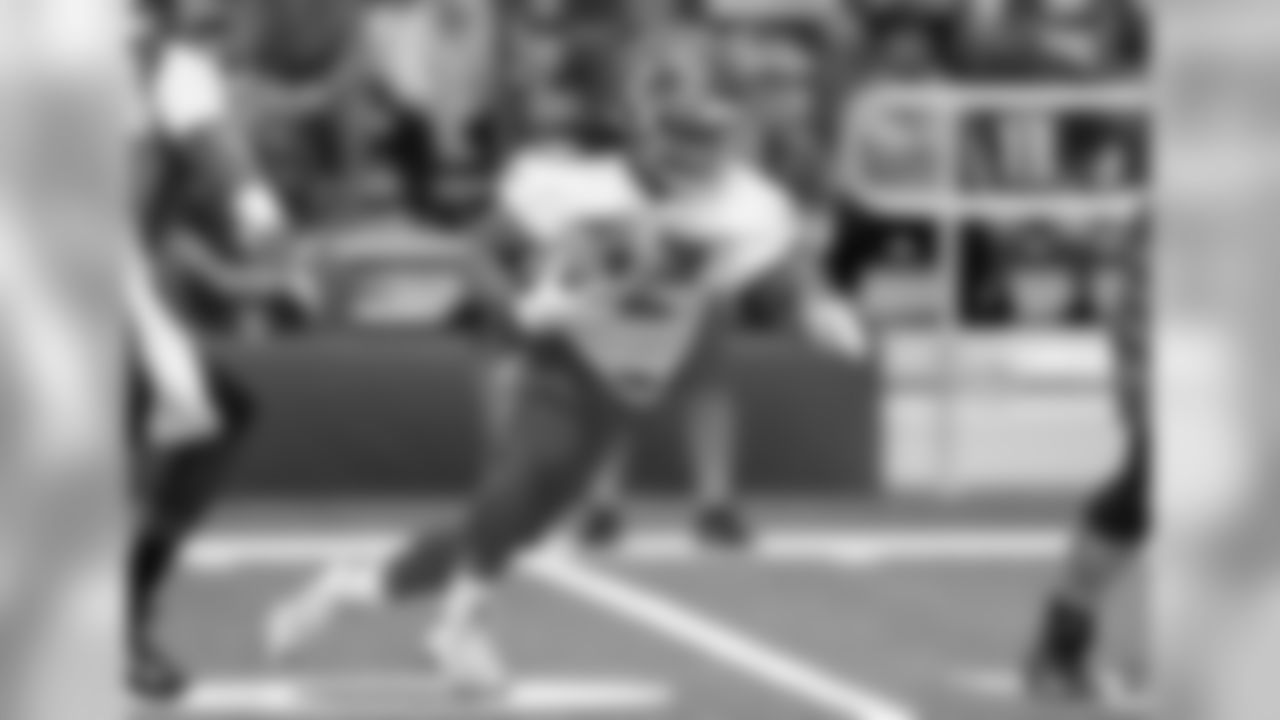
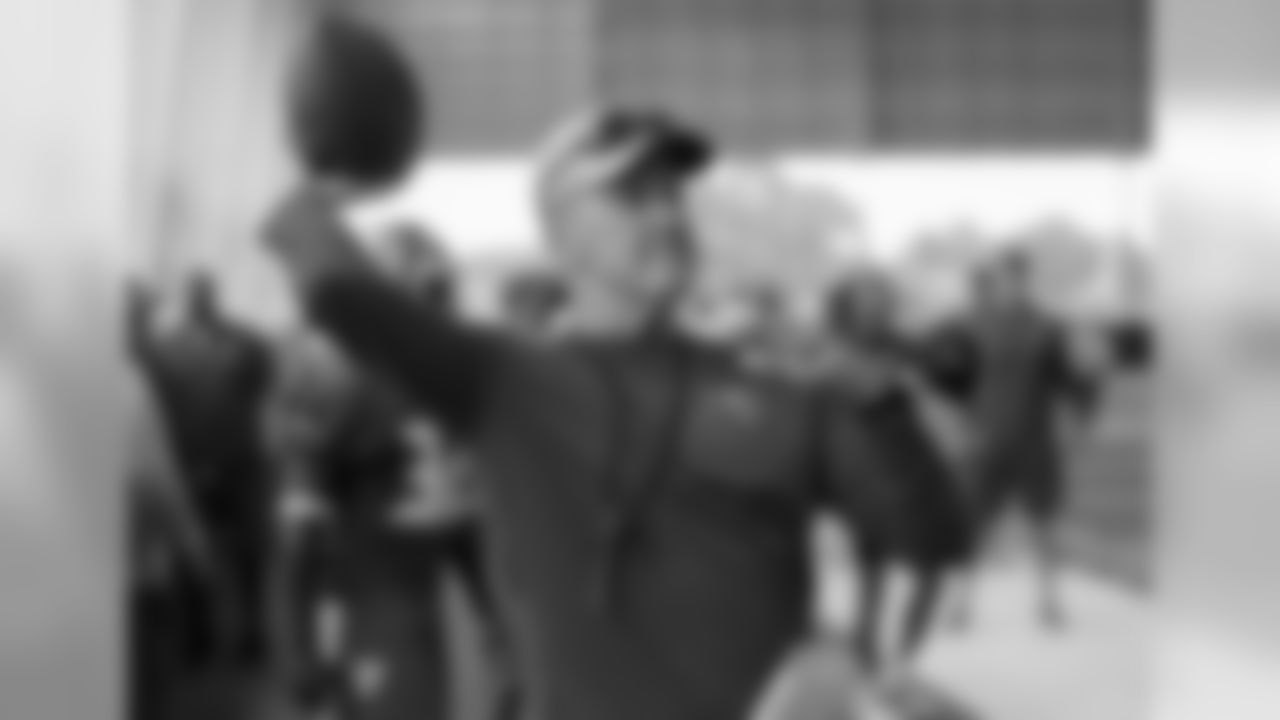
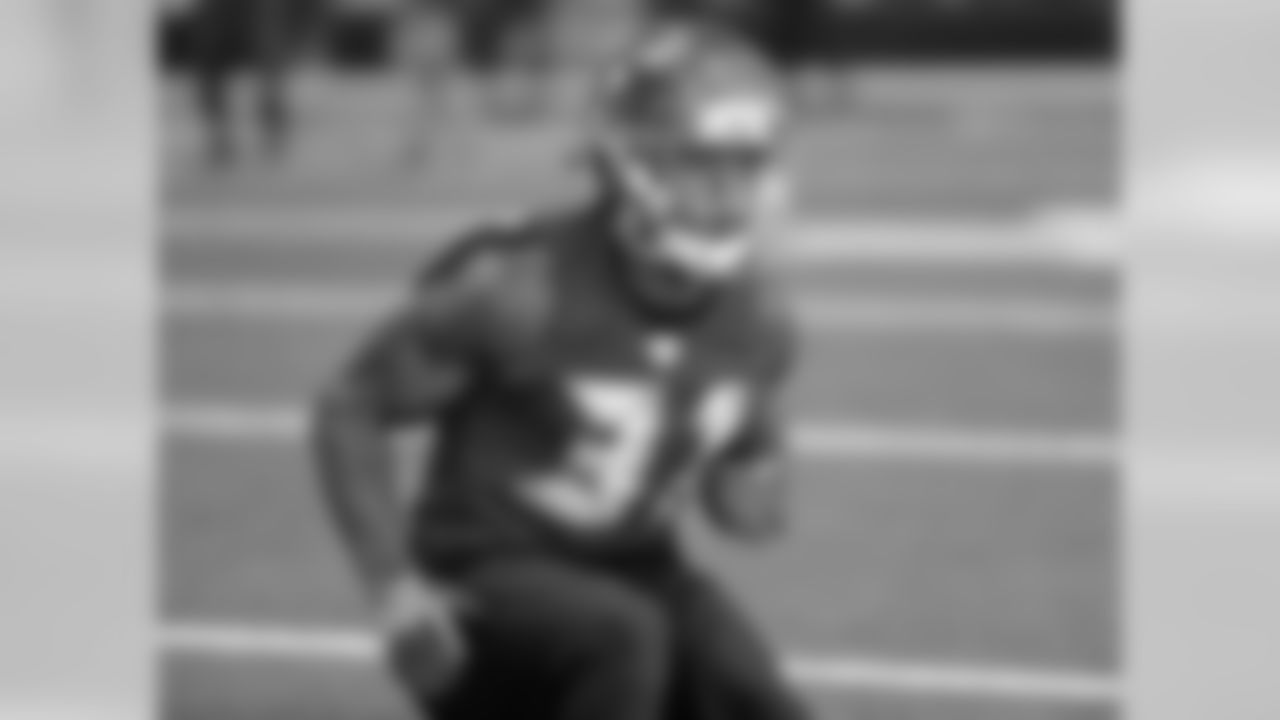
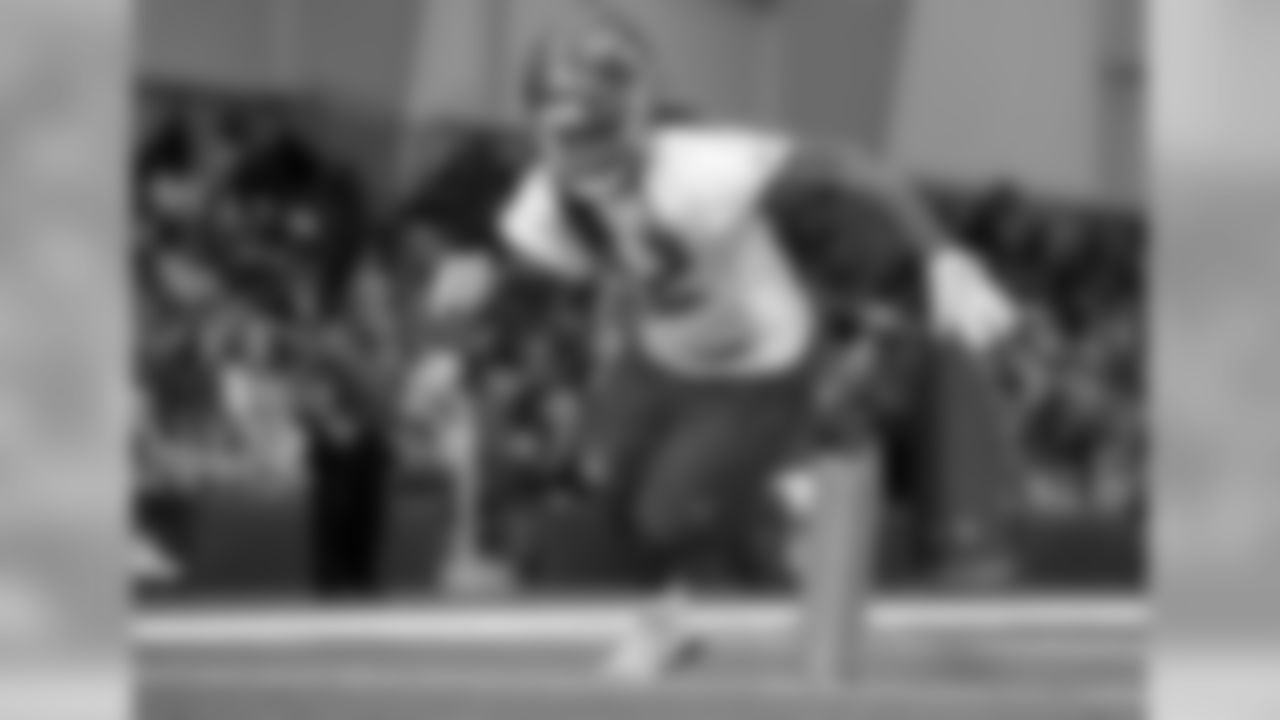

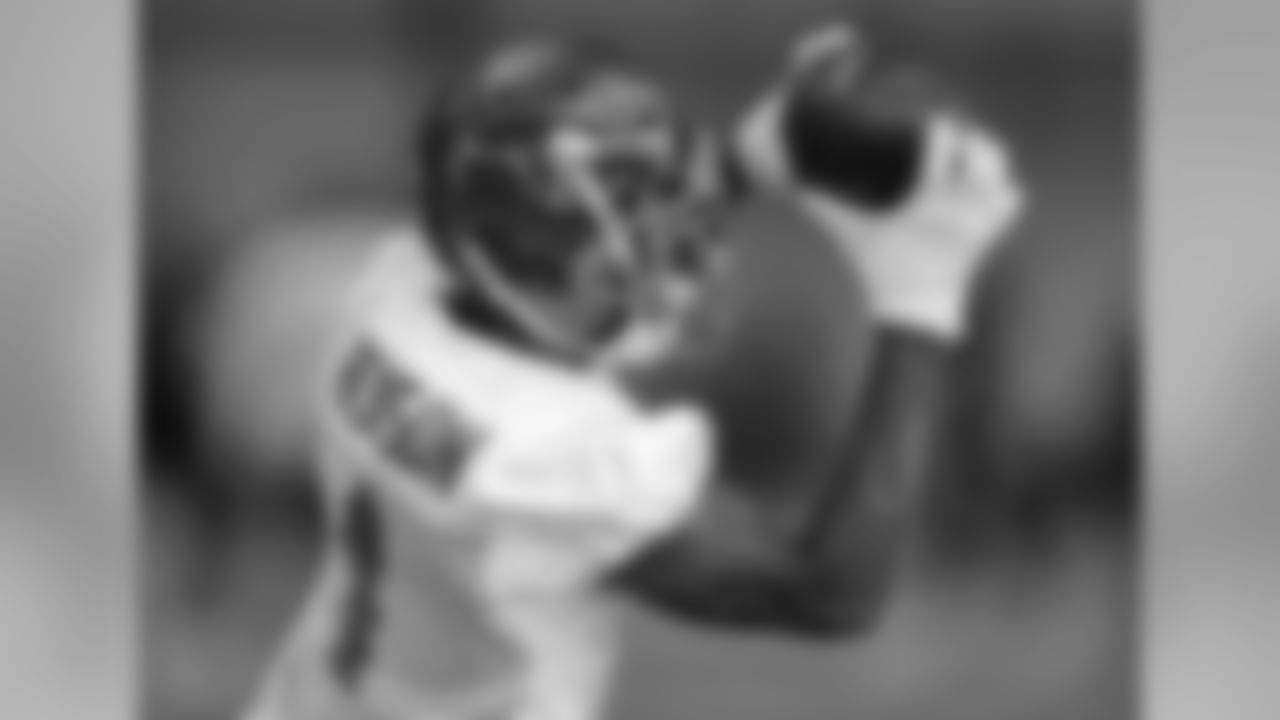
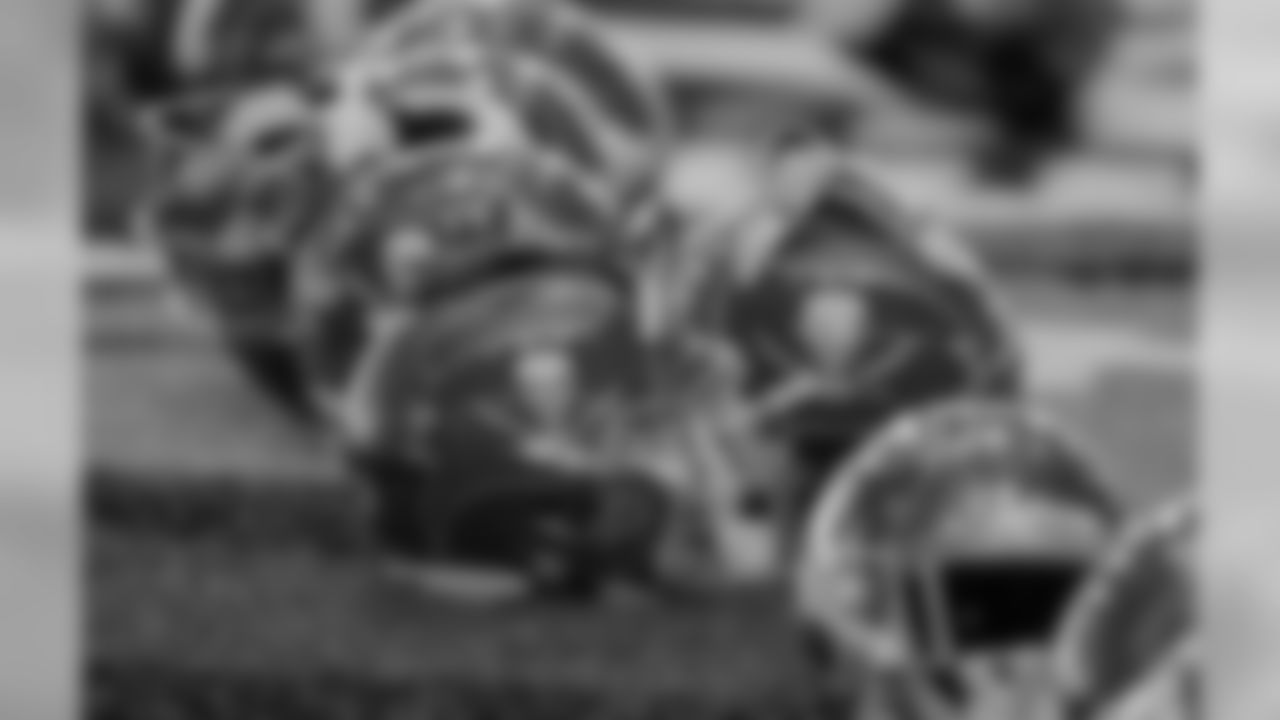
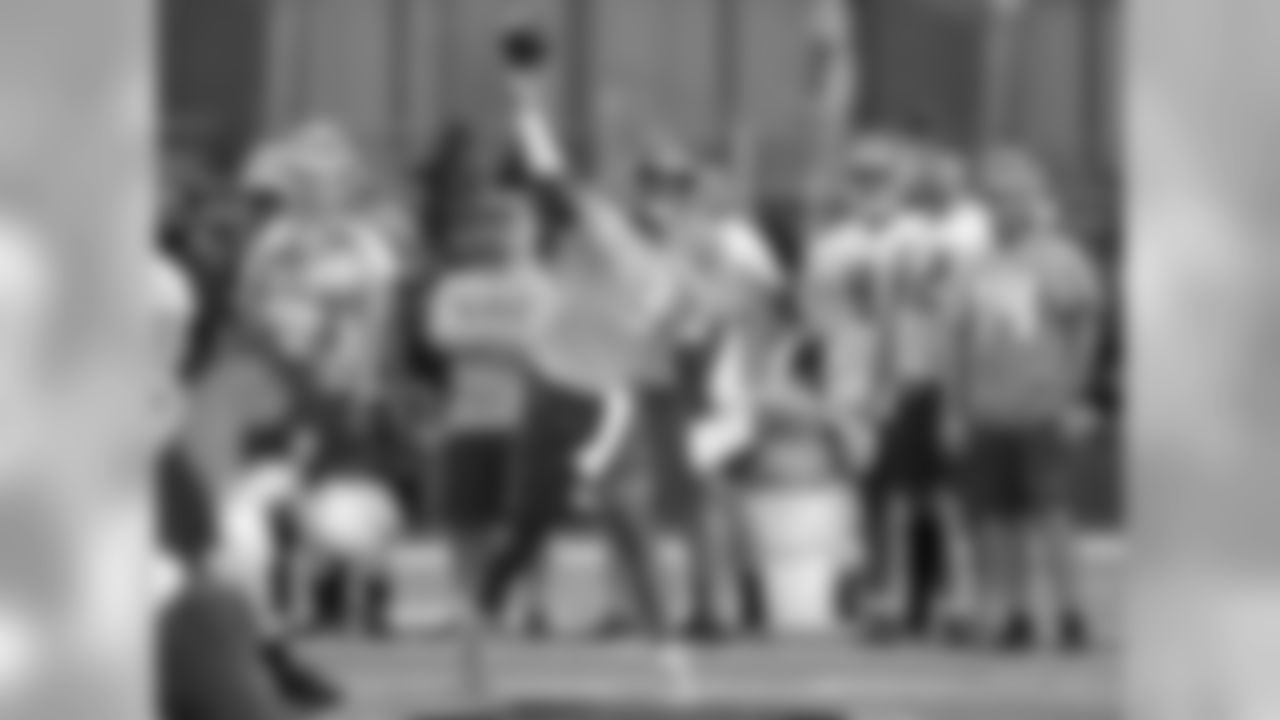
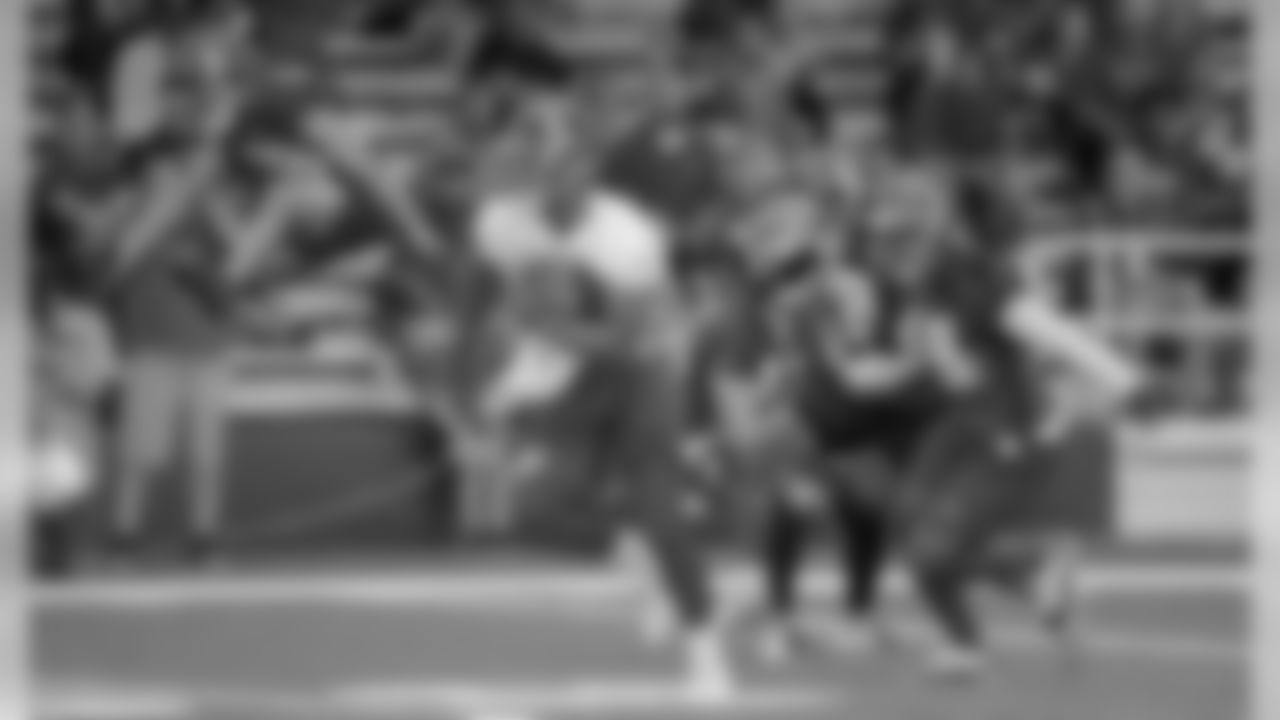
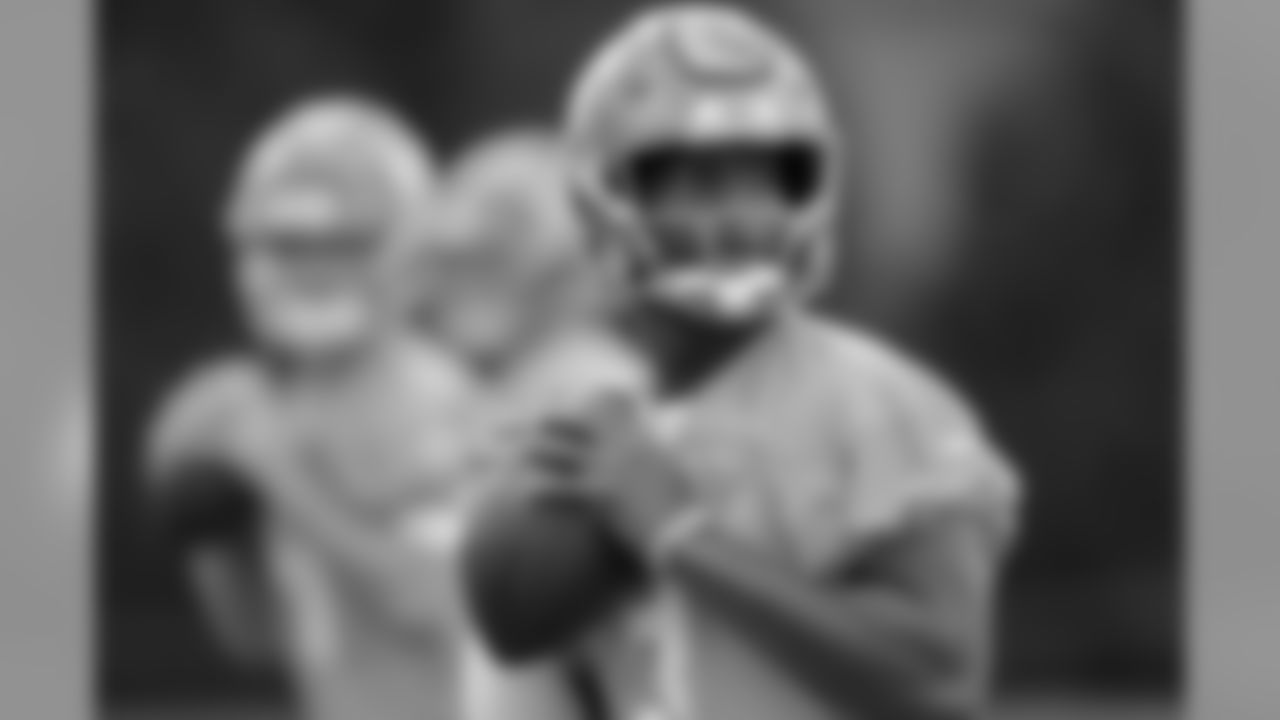


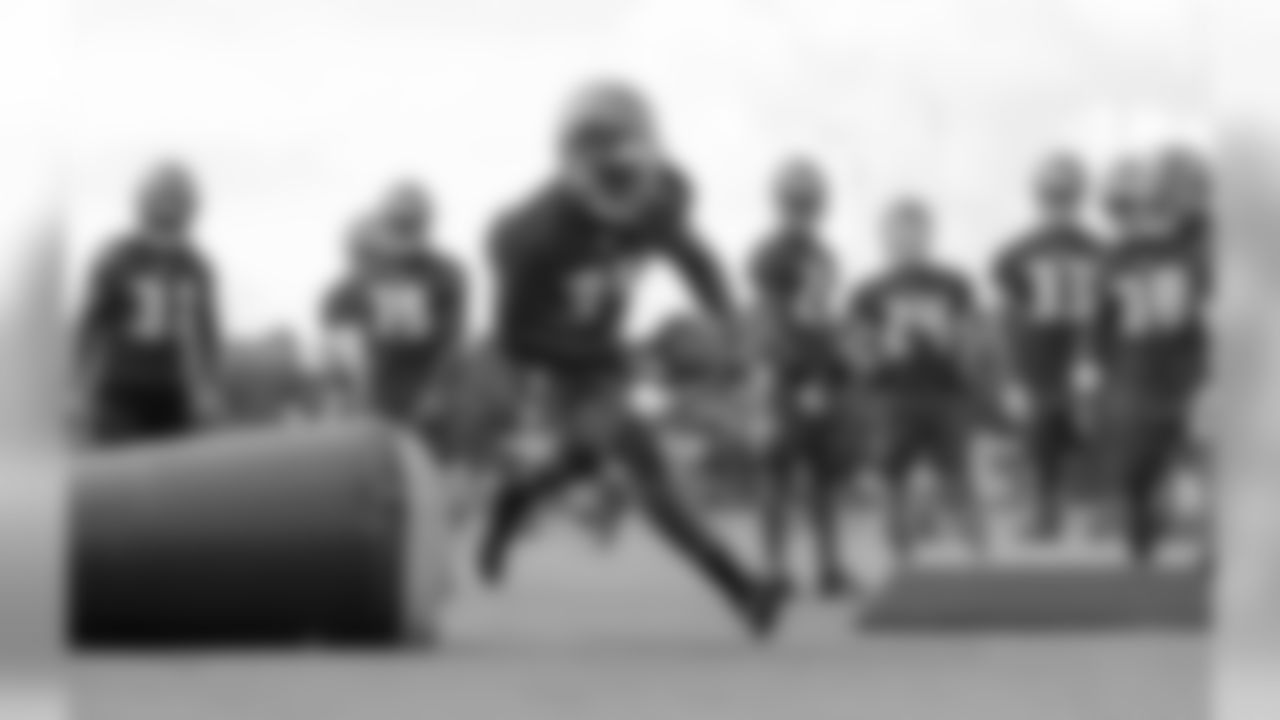
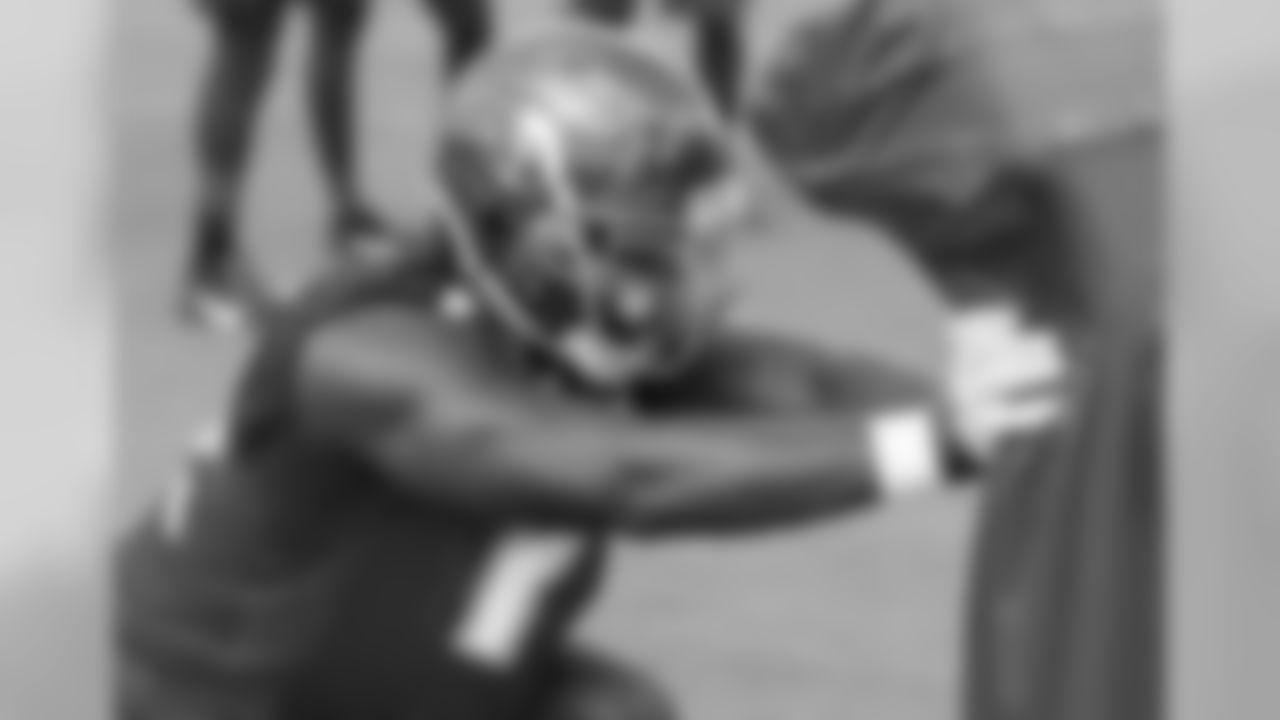
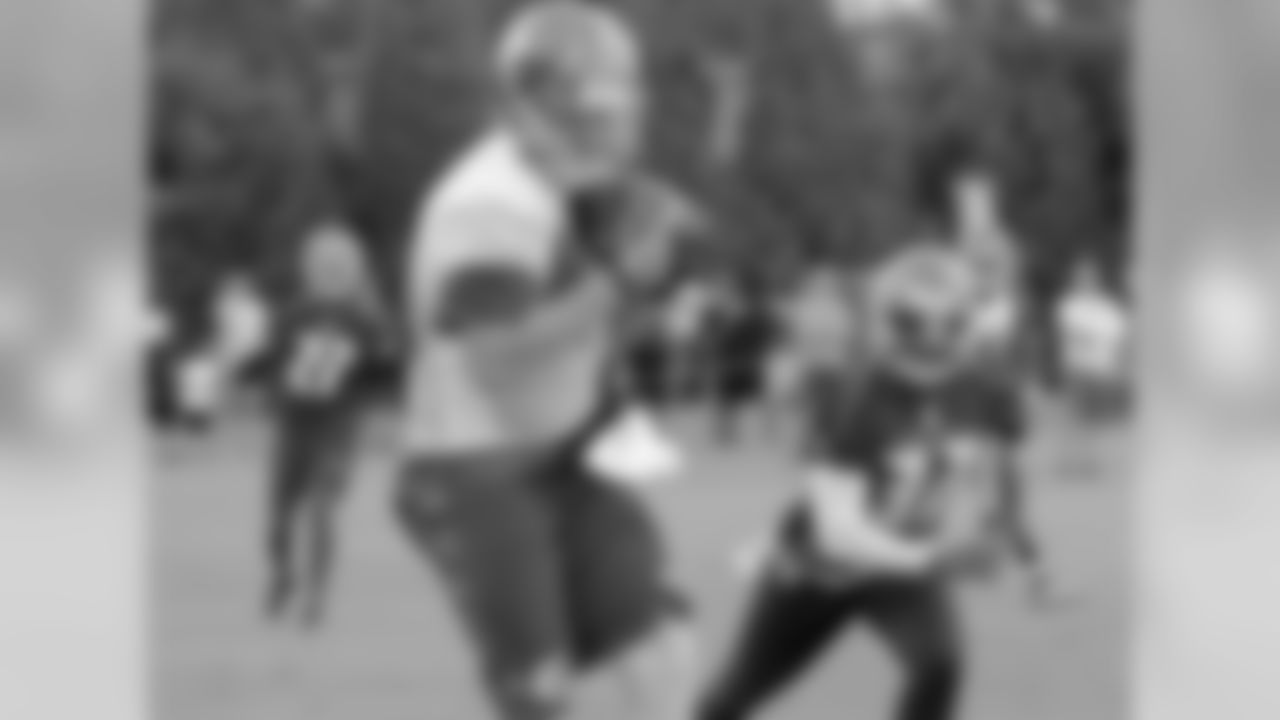
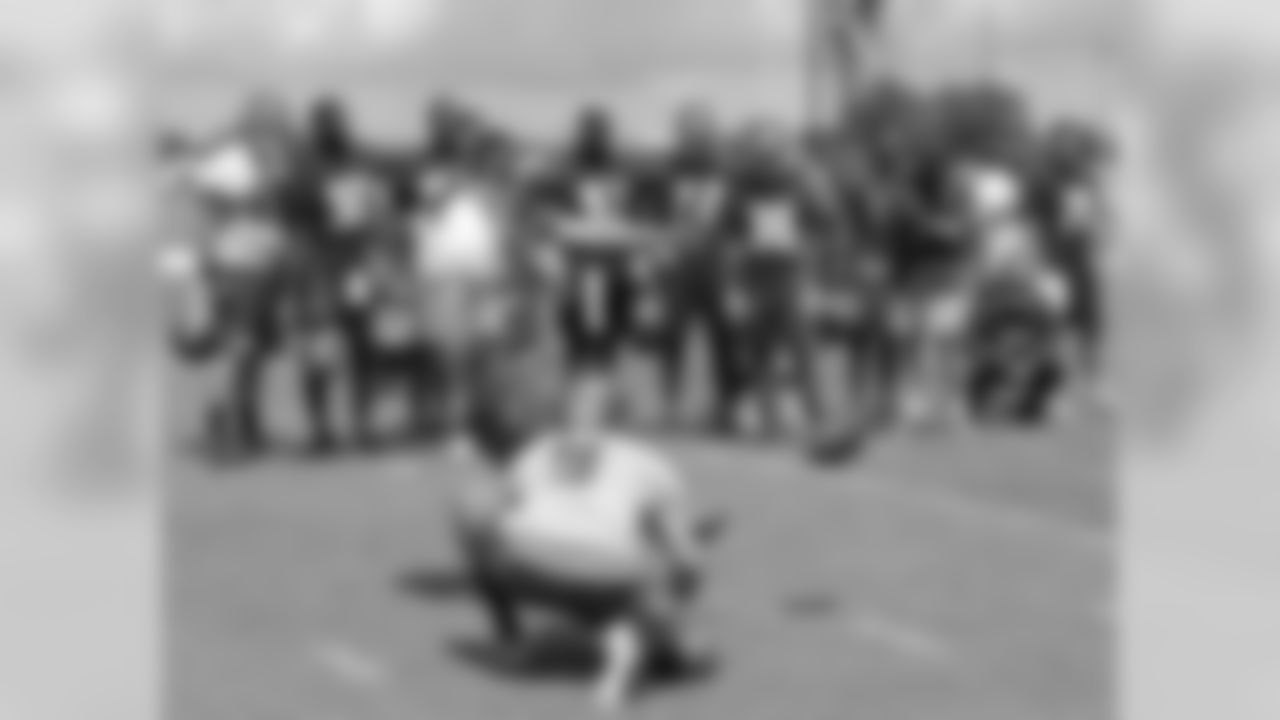

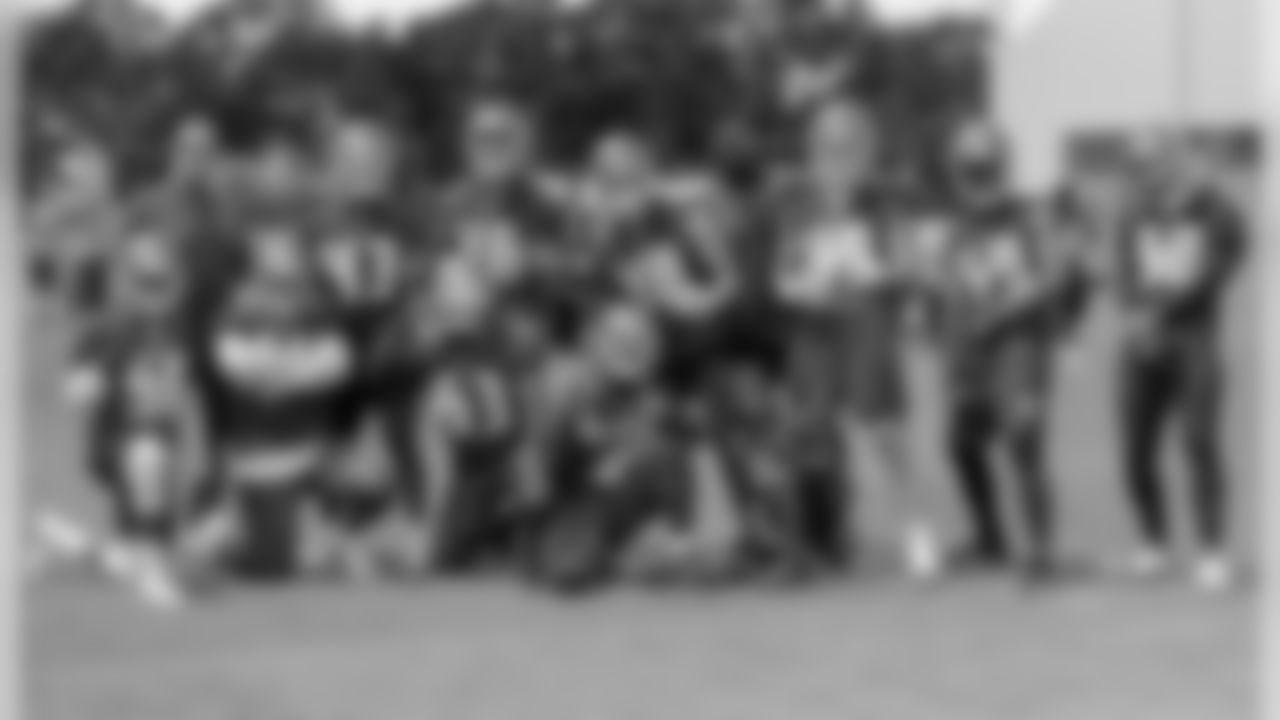
Then take Super Bowl LII, where the Philadelphia Eagles defeated the Patriots by a score of 41-33. Tom Brady set a Super Bowl record for most passing yards by a single quarterback in a Super Bowl with a whopping 505 yards in the air. He attempted 48 passes that game because Philly had managed to contain the Patriots' ground game and force Brady to essentially do nothing but pass. New England's biggest rusher in the game was James White, who only had 45 yards all game – 26 of which came on a single play. Take away that one play and White had just 19 yards.
Oh, and part of that run-stopping unit? Two guys that are now Buccaneers: DE Vinny Curry and DT Beau Allen. See? Told you I'd bring it back to the Bucs.
Similarly, you can look to the Bucs' Week 10 win over the New York Jets for further evidence a little closer to home. Tampa Bay held the Jets to just 56 yards on the ground and the defense recorded a season-high six sacks on the day. New York quarterback Josh McCown was forced to throw because the run option had been taken away up front. Once the Bucs' defense was expecting the pass, they managed coverage on all main targets, forcing McCown deeper into his progressions, which meant holding the ball longer and resulted in those six sacks.
While of course these examples may not tell the whole story, it doesn't hurt to have a defensive unit believing the success of the defense lives and dies with them. The even better news is that three of the guys brought in have experience at the highest level in the Super Bowl. The two aforementioned defensive linemen who won it with the Eagles last season plus defensive end Jason Pierre-Paul, who won Super Bowl XLVI with the New York Giants.
"They know what it takes," McCoy said of the three experienced acquisitions. "They know what it is to be accountable. That's why I haven't had to do much up front with the D-line, because we brought in guys that know what that's like. They know what they need to do so I don't have to say this, say that, do that – they've been where I want to go. They're teaching me. It's going to be great."
Moral of the story: the defensive line plans on shouldering a lot of the load in 2018, starting with stopping the run, and they've got the guys to do it.


